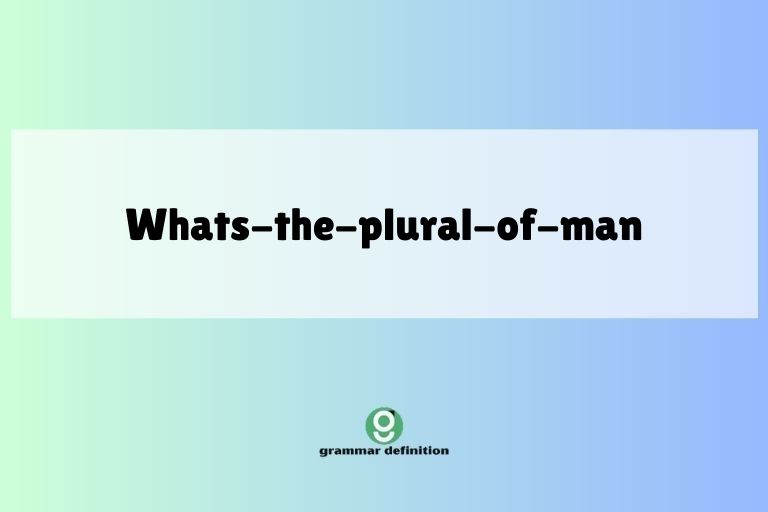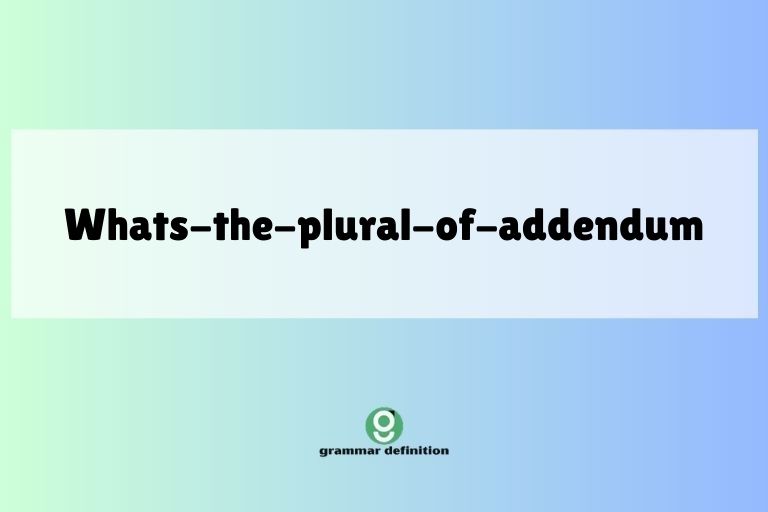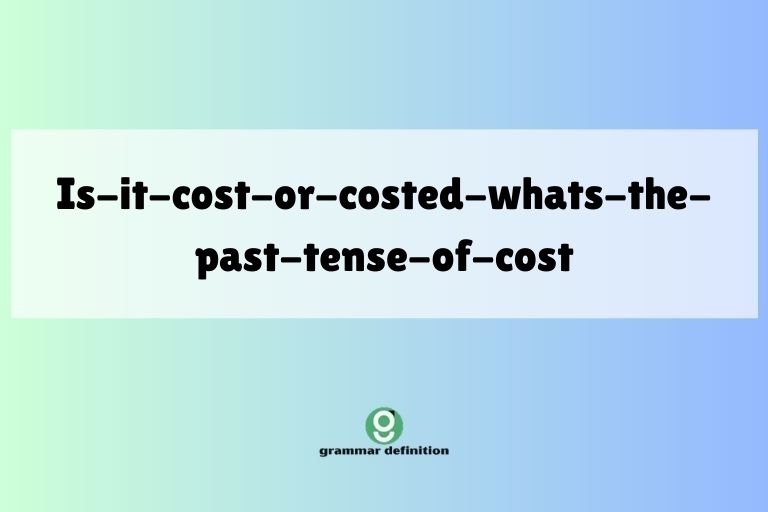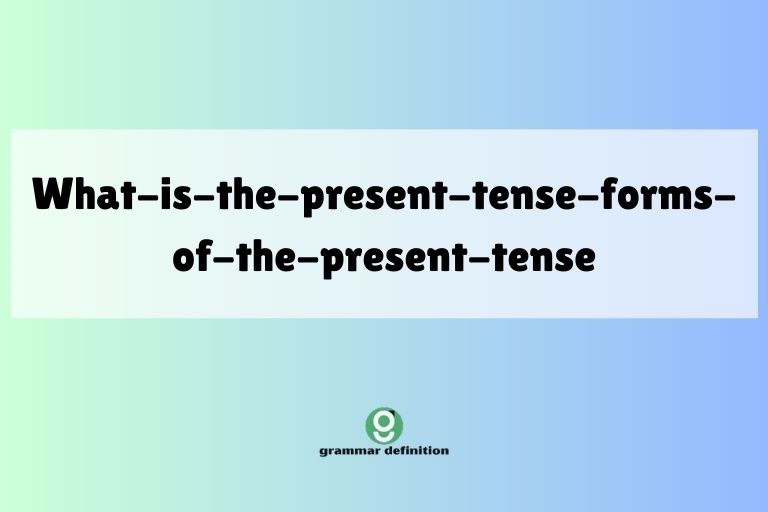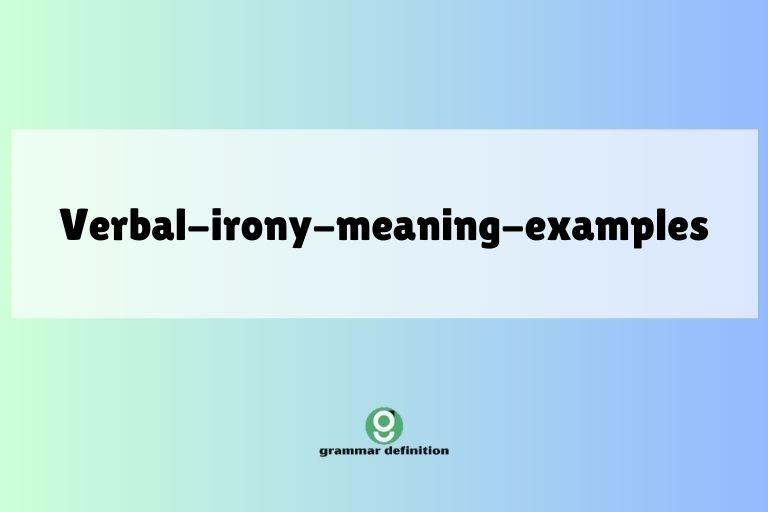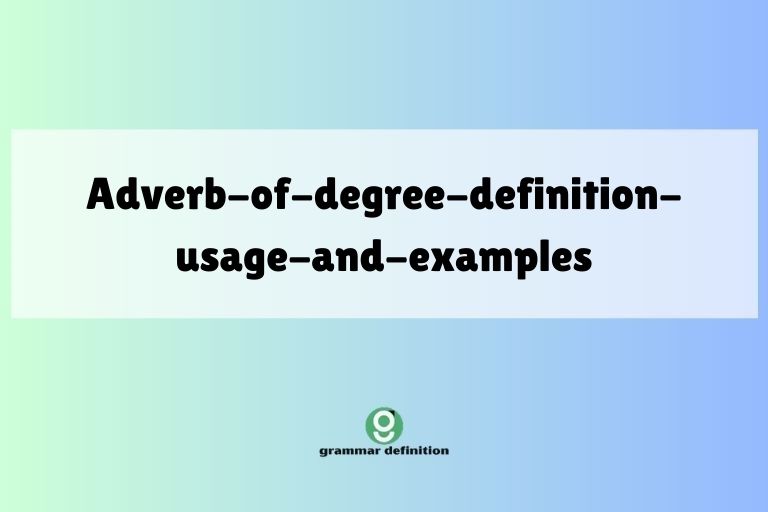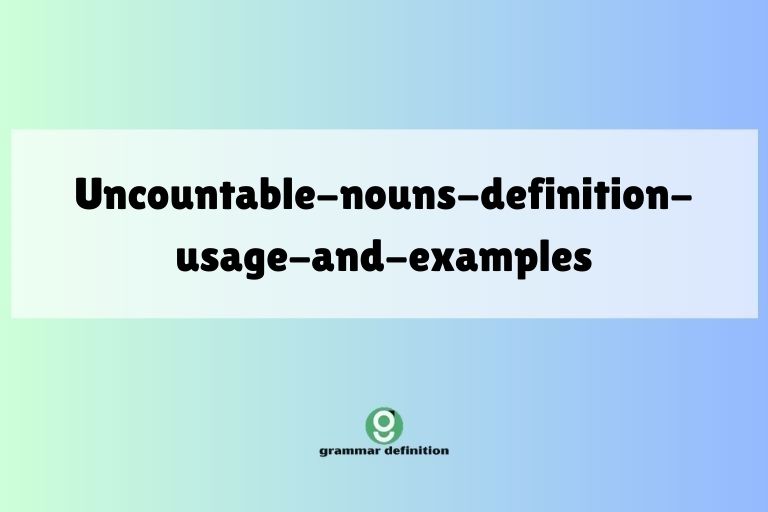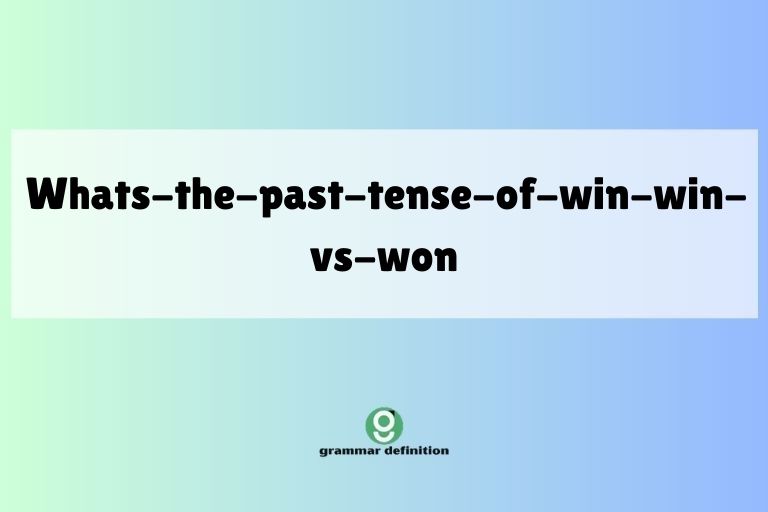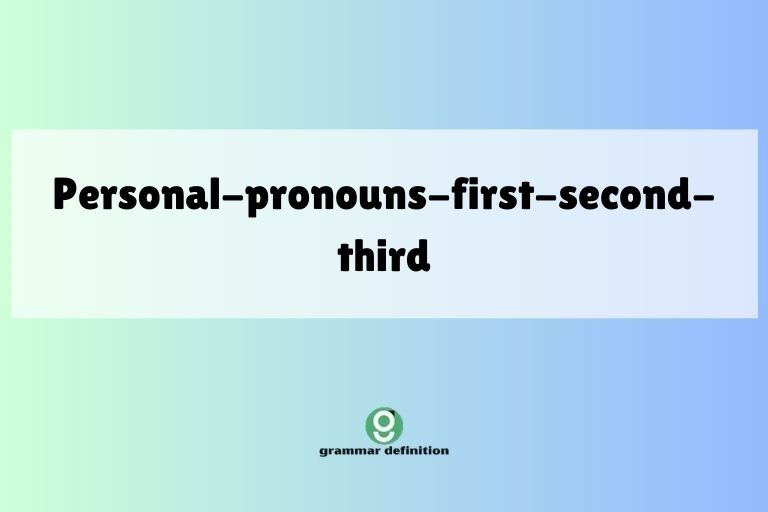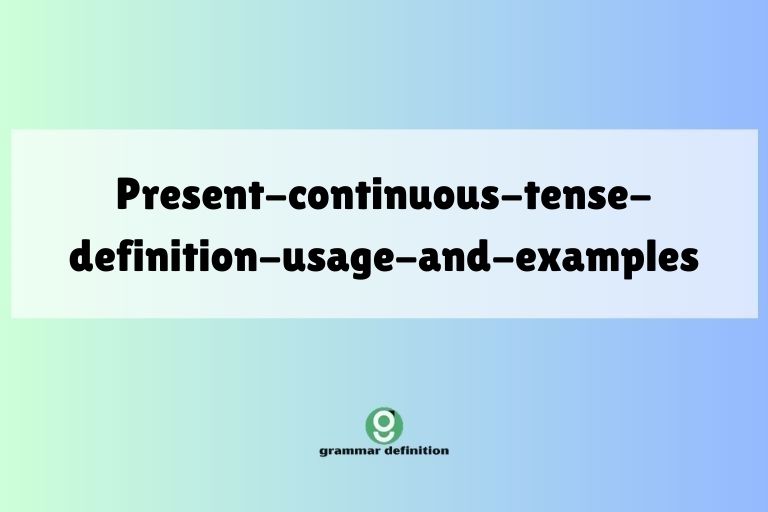What’s the Plural of Man? A Comprehensive Guide
Understanding the plural forms of irregular nouns like “man” is crucial for accurate and effective communication in English. The seemingly simple question of “what’s the plural of man?” actually opens the door to a broader understanding of noun pluralization rules and exceptions. This article provides a detailed exploration of the topic, covering definitions, structural breakdowns, … Read more

